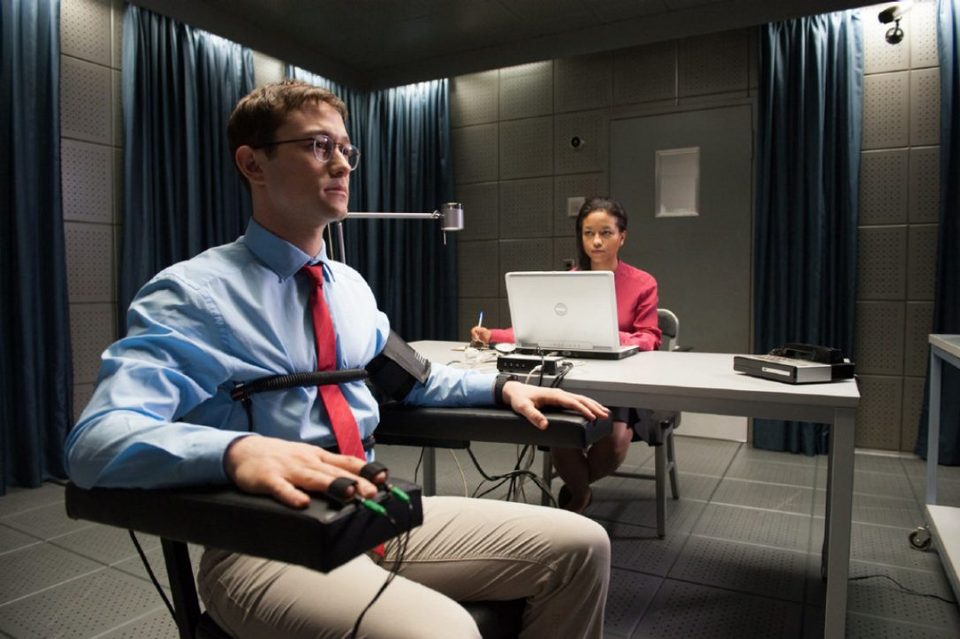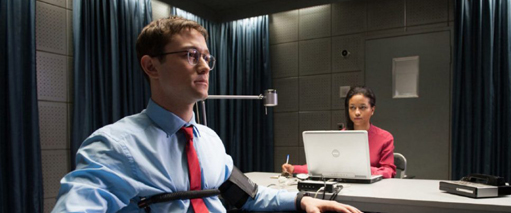Film Review: Snowden
Oliver Stone’s High-Tech Muckraker Makes A Solid, One-Sided Argument


Latest Article|September 3, 2020|Free
::Making Grown Men Cry Since 1992

